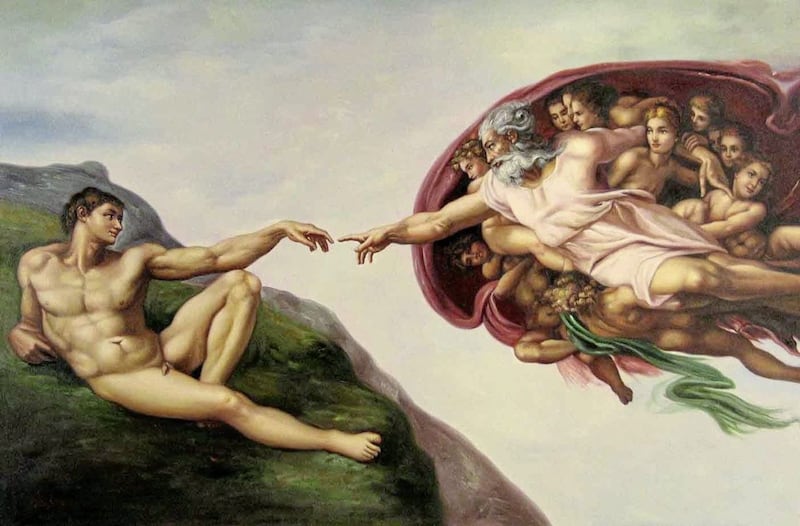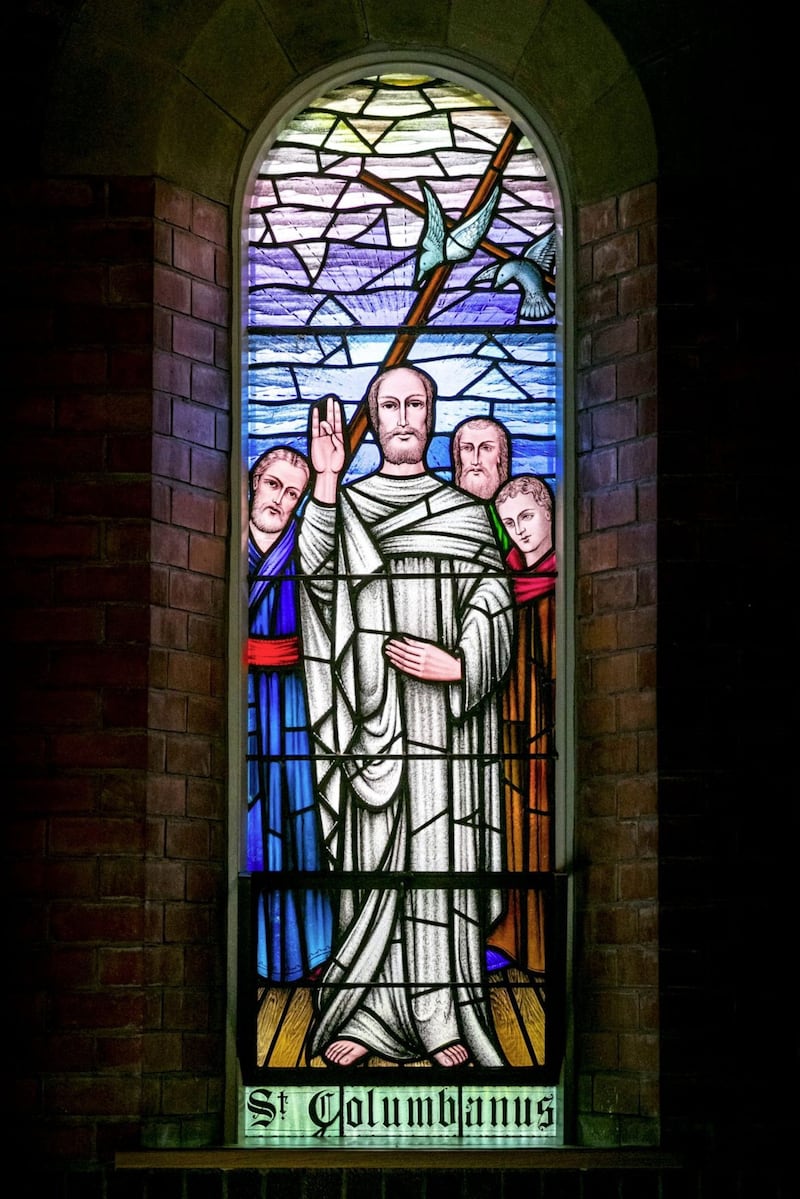IN a world of increasing change and diversity, it can be easy to forget or take for granted the enormous impact which Christianity has had on Western civilisation.
For centuries it has acted as the cement which has held society together and in doing so it has enriched our lives to a degree to which it is almost impossible to do justice.
At times, as with any human endeavour, the cement has become cracked and fractured, but there have always been good people at hand to repair the damage and reinforce the conviction that our society has far more to unite than divide us.
At the time of the Emperor Augustus, the Roman poet Horace wrote of how "captive Greece took captive her savage conqueror".
Christianity, likewise, after much discrimination and persecution within the Roman Empire, helped to transform that institution and abolish abhorrent practices.
These included the exposure of female infants on hillsides where they froze to death, slavery which permitted corporal punishment, sexual exploitation, torture and summary execution, as well as the ghastly spectacle of gladiators fighting to the death before baying crowds of bloodthirsty spectators.
The support for widows and the reinforcement of marriage and family values, which were a basic principle of Christianity, did much to advance the cause of the emancipation of women and pave the way for the campaigns of future generations.
Our debt to Christianity is also apparent in the emphasis which is placed on the ideals of equality and freedom.
St Paul in his Epistle to the Galatians gave eloquent expression to those ideals when he wrote: "There is neither Jew nor Gentile, neither slave nor free, nor is there male and female, for you are all one in Christ Jesus."
For centuries Christianity has acted as the cement which has held society together and in doing so it has enriched our lives to a degree to which it is almost impossible to do justice
Succeeding statesmen and governments have incorporated those ideals into the United States Declaration of Independence and the French Declaration of the Rights of Man and of the Citizen.
They are also enshrined in landmark documents such as the Constitution of the United States and the United Nations Universal Declaration of Human Rights, which emphasises the basic concepts of dignity, liberty, equality and brotherhood.
Even Karl Marx, with his oft-repeated dictum that "religion is the opium of the people", did not deny the Christian ideal of equality.

Our rich heritage of culture in the arts and literature, in music, in science and in architecture has benefited enormously from the impact of Christianity.
Michelangelo, Leonardo da Vinci and Raphael are names synonymous with great works of religious art; Dante, John Milton, John Bunyan, CS Lewis and GK Chesterton - to name but a few - have left an indelible mark on Christian literature; the world of music has likewise been well served by great composers like Handel, Bach and Vivaldi; and science can boast of Christian men of learning of the stature of Johannes Kepler, Isaac Newton, Louis Pasteur, Blaise Pascal and Gregor Mendel.
The magnificent cathedrals throughout the world are testimony not only to the genius of the men who designed them but also to the abiding influence of Christianity.
In Ireland the impact of Christianity has manifested itself in wonderful works of art like the Book of Kells, in metalwork like the Ardagh Chalice, in the striking Celtic crosses at former monastic sites and in more recent times in, for example, the work of great stained glass artists Harry Clarke, Michael Healy, Wilhelmina Geddes and Evie Hone.
In missionary work, too, and in the field of education, Irish men and women have made an outstanding contribution to Christian values, as exemplified in the careers of the great saints Columba and Columbanus and women such as Nano Nagle, the founder of the Presentation Sisters, Mary Aikenhead, the founder of the Sisters of Charity, and Catherine McAuley, founder of the Sisters of Mercy.

Sadly, Christianity in the past has at times resulted in misplaced outbreaks of religious zeal which have flown in the face of Christian principles.
The Crusades, the Inquisition, the Salem witch hunts, religious wars and anti-Semitism have all had a harmful effect on those ideals of love and forgiveness which lie at the heart of our Christian faith.
But in the last analysis, Christianity has been a powerful force for good in the Western World and farther afield.
It has given us hope of eternity, a purpose in life, a moral code, an example of charity and compassion and a sense of responsibility and dignity.
If, at times, we fall short of its high ideals, there can be no denying that it has indeed immensely enriched the lives of those of us who profess its principles and seek to follow its precepts.
Frank Rogers is the author of The History of the Convent Chapel, Enniskillen and has also written a book about Irish stained glass artists







